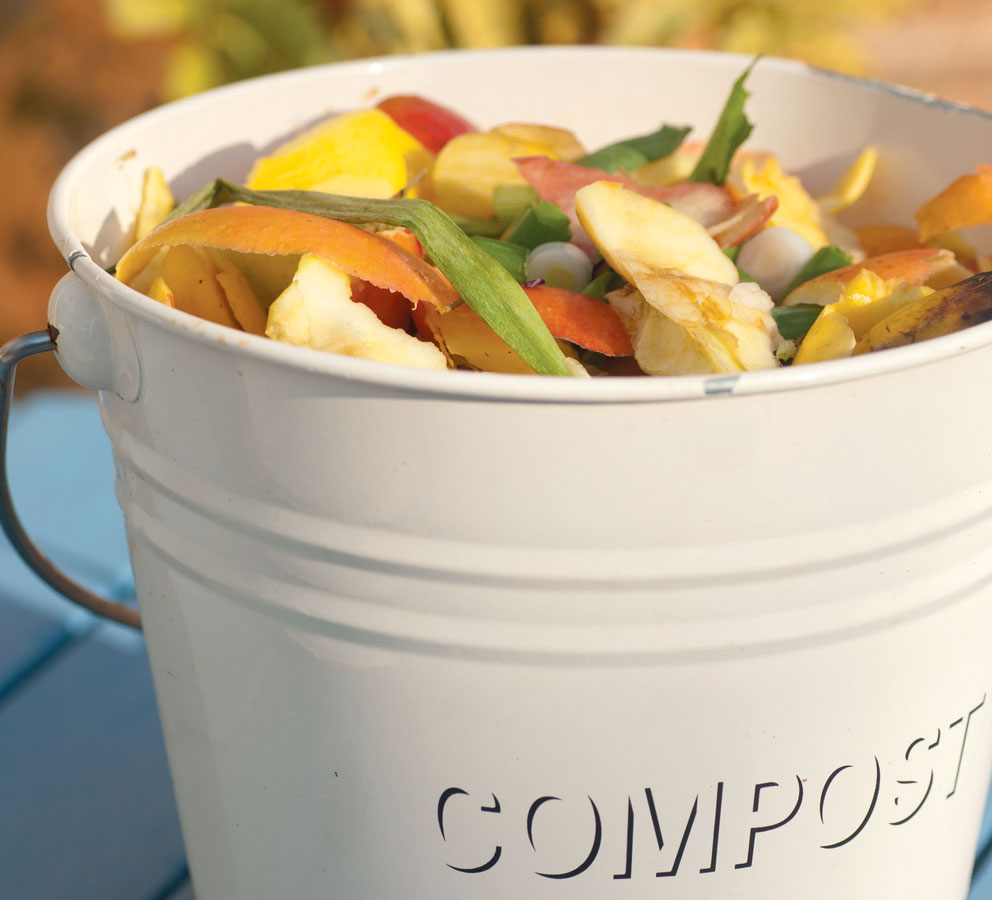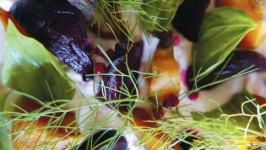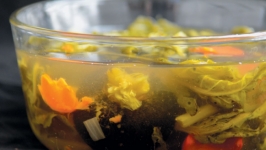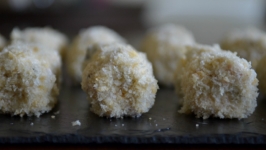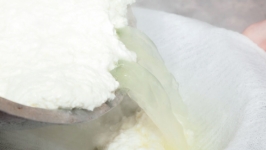Reuse Your Food Waste and Build New Soil by Composting
Local entrepreneurs offer strategies to reduce, reuse, recycle
Reduce, Reuse and Recycle are “three Rs” that remind us to make environmentally conscious choices. In Houston, individual efforts to cut down on the amount of waste we create can seem insignificant in the face of so many people using so many resources each day. The good news is that local entrepreneurs offer ways to help make Houston a more sustainable city in which to live.
According to the EPA, Americans throw away an average of 1.3 pounds of food scraps daily, almost 13% of the nation’s municipal solid waste stream. An easy, green alternative to letting food rot in the landfill is to make your own rich soil through composting.
“Fruits, vegetables, eggshells, nutshells, tea bags and even paper can be mixed into compost—basically all plant material can be composted,” says Louis Bennett, garden manager at Wabash Feed (wabashfeed.com).
Numerous types and sizes of bins are sold to help gather food scraps. Keep it simple with plastic Sterilite containers with sealable tops, which Bennett says are perfect for storing compostable items until they can be put into the outdoor compost pile.
“Putting scraps in containers indoors is only a temporary solution until they can be added to compost bins outdoors. Composting needs the heat of the sun. Aeration and heat are essential to the process,” Bennett says.
A fenced space three by three by three feet is considered ideal for composting; numerous tumblers are sold that make the labor easier. Turning the soil with a garden tool or in the tumbler and aiding the compost process with the addition of effective microbes and molasses will expedite the microbial activity in breaking down and composting material more quickly.
The right balance of ingredients to make compost includes two or three parts carbon-heavy ingredients (such as dead leaves) for every one part nitrogen-heavy ingredients (such as fruit and vegetable waste and grass clippings). Turn the compost once a week or so, and in several weeks you’ll have some rich soil.
“Composting keeps unnecessary wastes out of our landfill system and creates an organic solution that is beneficial to our plants, whether potted or planted in the ground, for trees or even our turf grass,” Bennett says. “It’s a win-win.”


